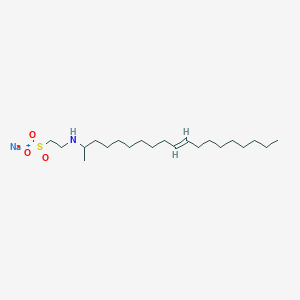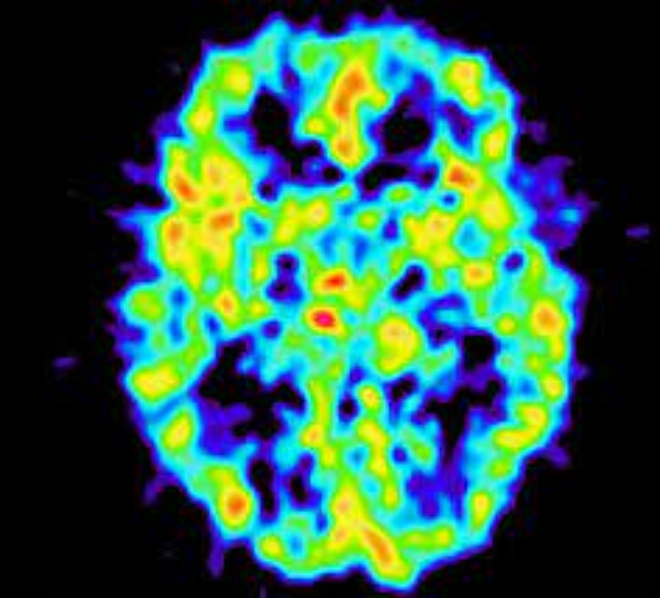|
Name: alpha-pyrrolidinohexanophenone (-alpha-PHP)
Type: Cathinone derivative
AKA: N/A

|
|
II. Natural Derivative
Synthetic substance, no natural derivative
 |
|
III. Chemical Profile (IUPAC name)

|
|
IV. History
Alpha-PHP, a synthetic stimulant, was first synthesized in the 2010s. It is a derivative of pyrrolidinohexanophenone, designed to enhance stimulant effects. The compound found its way into the recreational drug market, reflecting ongoing trends in synthetic stimulant development. Alpha-PHP's use has raised concerns about safety and led to regulatory actions.

|
|
V. Legal Information
Alpha-Pyrrolidinohexanophenone (alpha-PHP) is a stimulant similar to other synthetic cathinones. It is regulated under the Federal Analog Act in the U.S., with international controls reflecting broader trends in managing stimulant abuse. Its status continues to be closely monitored due to its high abuse potential. [Source: UNODC].
US Federal Schedule - I
Schedule I drugs, substances, or chemicals are defined as drugs with no currently accepted medical use and a high potential for abuse. Some examples of Schedule I drugs are: heroin, lysergic acid diethylamide (LSD), marijuana (cannabis), 3,4-methylenedioxymethamphetamine (ecstasy), methaqualone, and peyote.
Key US Federal Policies:
Controlled Substances Act. Public Law: Public Law 91-513 (text can be found on GovInfo) (https://www.dea.gov/drug-information/csa). Date enacted: October 27, 1970.
|
|
VI. Physical Effects
Alpha-Pyrrolidinohexanophenone (Alpha-PHP) is a stimulant with effects similar to methamphetamine. It increases energy, alertness, and euphoria. It can cause dilated pupils, elevated heart rate, and increased blood pressure. Short-term effects include enhanced cognitive and physical performance, while long-term use may result in cardiovascular issues and psychological dependence. Overdose risks include severe agitation and cardiovascular problems. Safe dosing is essential, and recent research focuses on its stimulant effects and potential for abuse.  |
|
VII. Psychological Effects
Alpha-PHP, a stimulant, affects mood and cognition. Immediate effects include increased energy, euphoria, and cognitive stimulation. Long-term use may result in dependence, mood swings, and cognitive impairments. Recent studies emphasize its stimulant properties and psychological risks, including dependence and mood disorders.
 |
|
VIII. Culture
Alpha-Pyrrolidinohexanophenone (alpha-PHP) is a synthetic stimulant with no historical lore, becoming known in the 21st century. Its cultural significance involves its use as a recreational drug and related health risks. Proponents may discuss its stimulant effects, while opponents highlight potential dangers and regulatory issues. Its use is primarily recreational, reflecting broader concerns about synthetic stimulants.
 |
